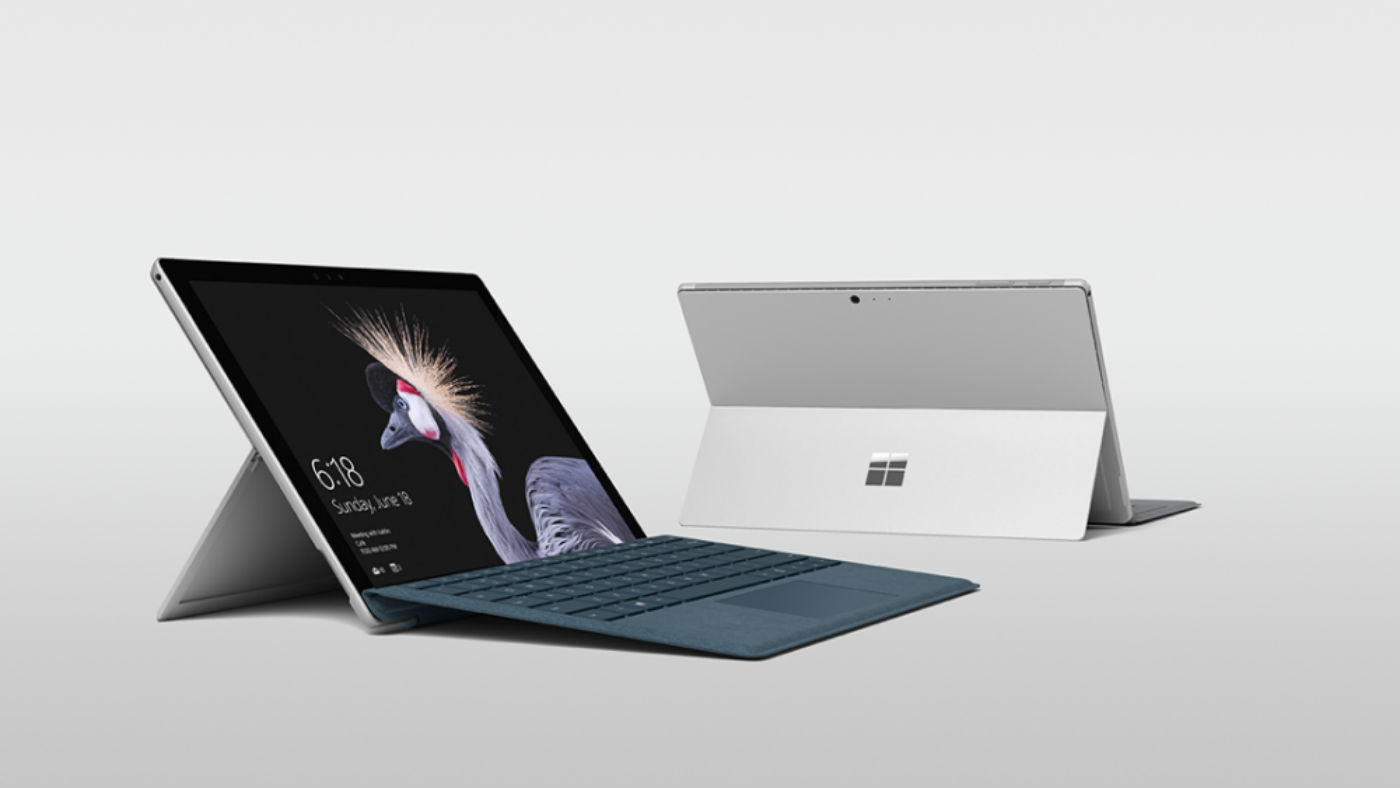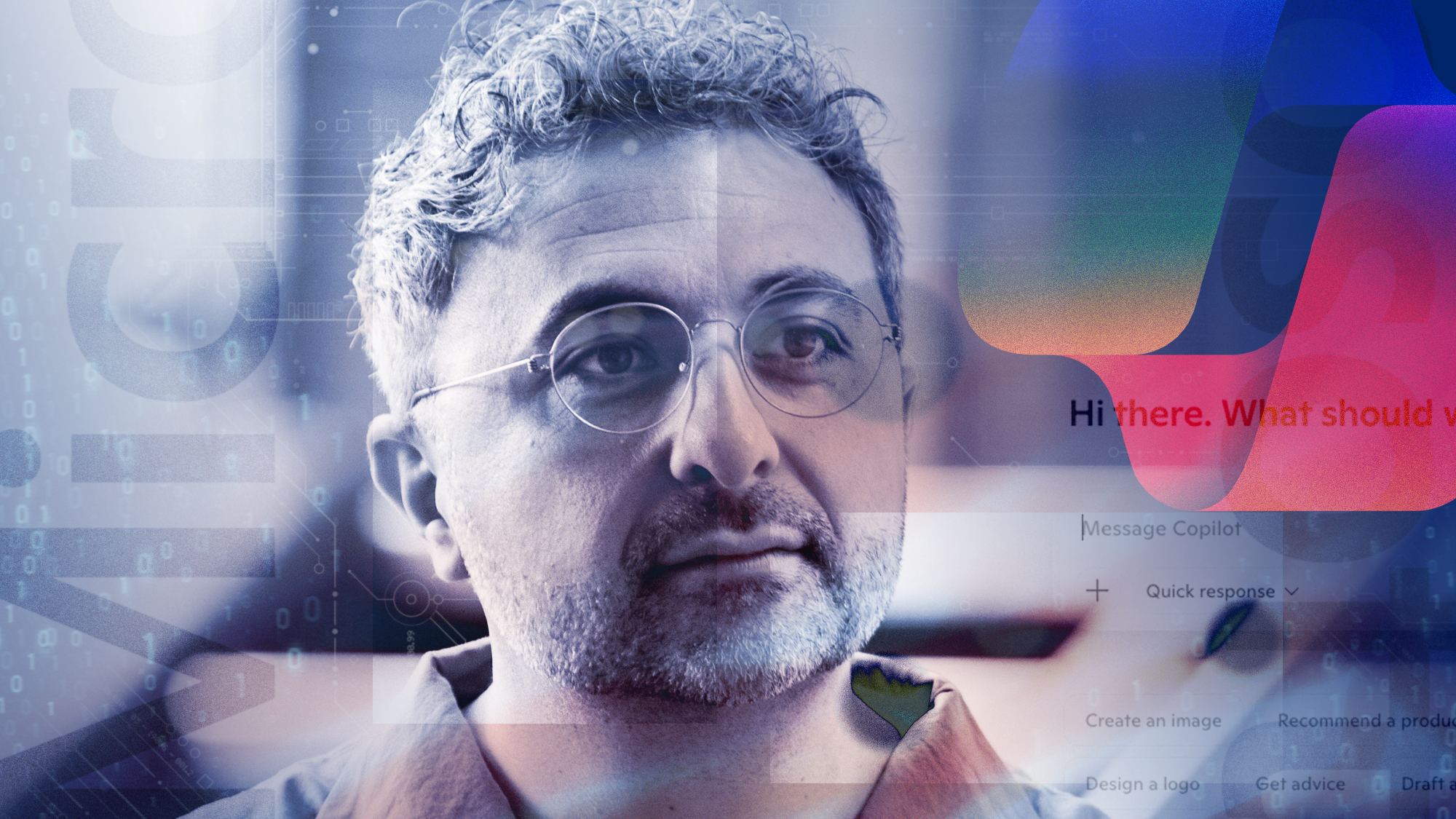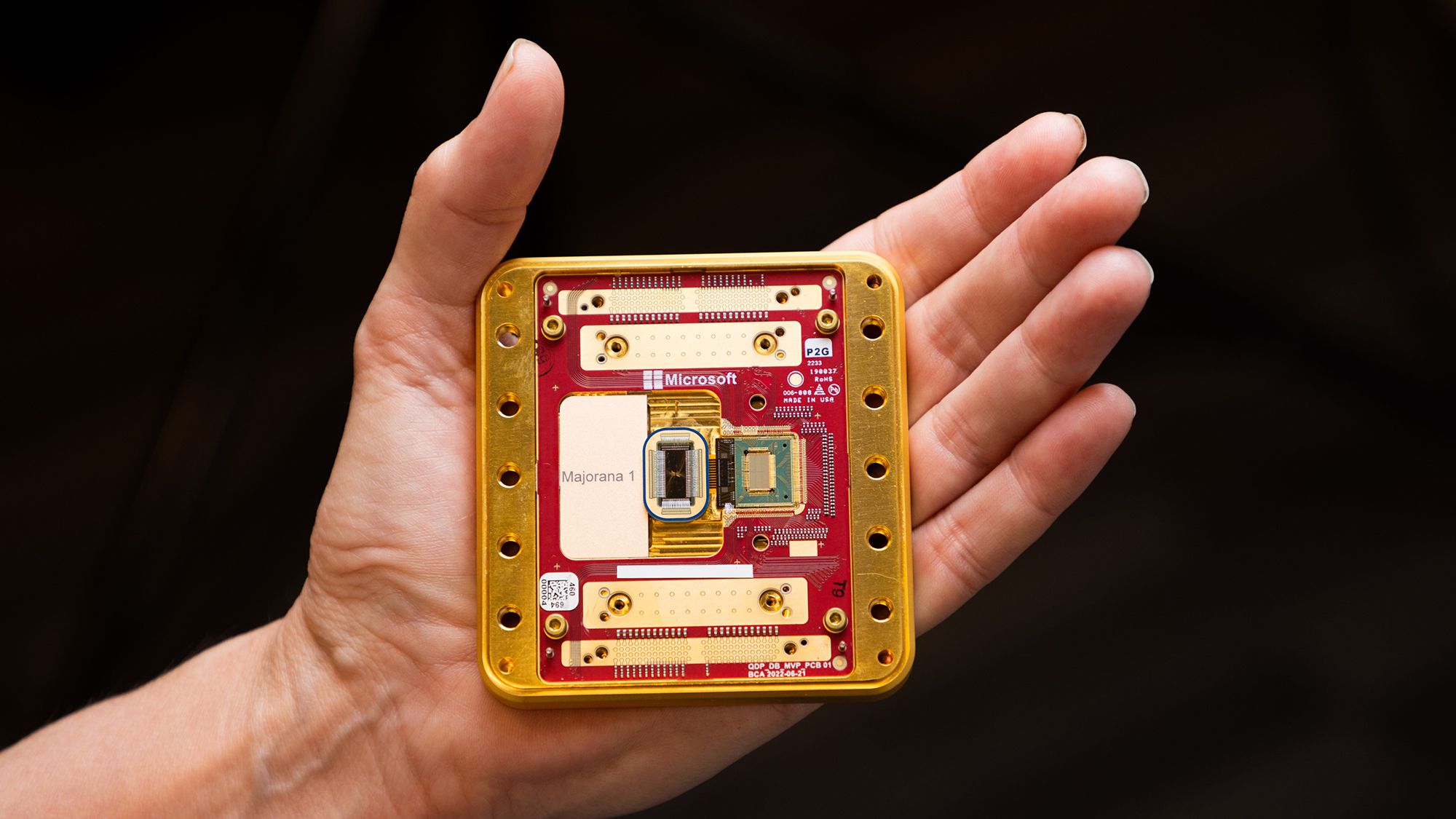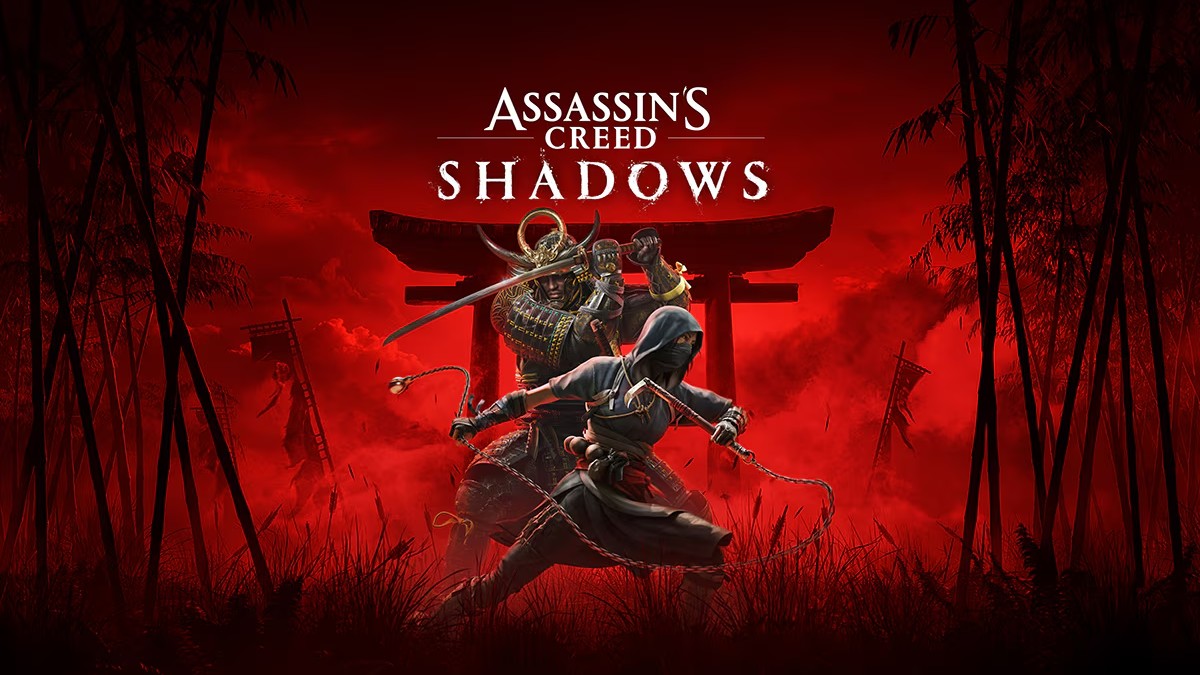Microsoft Surface Pro 2017: What do the critics think?
New tablet has a host of upgrades and better battery life, but is it a game-changer?

A free daily email with the biggest news stories of the day – and the best features from TheWeek.com
You are now subscribed
Your newsletter sign-up was successful
Microsoft has officially launched the fifth generation of its Surface Pro tablet, which can be ordered for £799.
While there are no drastic visual changes to the device compared to the previous version, the Daily Telegraph says that most of the tablet's improvements come through a host of hardware upgrades.
Under the exterior sits Intel's Core M mobile processor in entry-level models, while more powerful versions get the company's latest generation of Core i5 and i7 chips.
The Week
Escape your echo chamber. Get the facts behind the news, plus analysis from multiple perspectives.

Sign up for The Week's Free Newsletters
From our morning news briefing to a weekly Good News Newsletter, get the best of The Week delivered directly to your inbox.
From our morning news briefing to a weekly Good News Newsletter, get the best of The Week delivered directly to your inbox.
Microsoft says the new Surface Pro is the most powerful tablet it's ever made, but is it still one of the leaders in the portable market?
Here's what the critics think.
It's received 'incremental' improvements
This year's update to the Surface Pro tablet is "extremely incremental", according to ArsTechnica.
A free daily email with the biggest news stories of the day – and the best features from TheWeek.com
All models are fitted with Intel's new Kaby Lake processors, which the website says increases the tablet's graphics power for 4K video editing. It also has improved interaction with the optional Surface Pen accessory and better battery life.
But ArsTechnica argues that buyers will be "very hard-pressed to distinguish the 2017 Surface Pro" from the previous model.
The Surface Pen is more refined
Microsoft has gone into great detail to improve the functionality of its Surface Pen over previous models, says TechRadar.
The Surface Pen's pressure sensitivity is better than the last model, which the website says means "creators have more control over the width and intensity of their lines in illustrations or designs than before".
It also boasts "a much lower latency", so user inputs with the Surface Pen are registered on the display with almost no delay.
Better battery life
One of the biggest upgrades in the new Surface Pro is its extended battery life, says The Verge, which is partly thanks to the tablet's new range of processors.
This means the Surface Pro now has a battery life of around seven to eight hours, rather than the old model's four to five hour lifespan, says the website.
But it's "nowhere near Microsoft's claim of 13.5 hours", while opting for the more powerful i7 mode will see "a roughly 20 per cent drop in battery life."
Verdict
The latest version of the Surface Pro is more of an incremental upgrade than a game-changing device, says ArsTechnica.
Those who were dissatisfied with the previous two versions of the Surface Pro won't find the latest version much more appealing, the site says. But its Surface Pen functionality is a standout feature and is "probably better" than most of the competition.
TechRadar says that "Microsoft has again stumbled on the Surface Pro's value proposition" by removing the Surface Pen from the tablet's box. Buyers will now need to pay an additional £59.99 on top of the price of the tablet for the Surface Pen, which was a free accessory on past models.
But the Surface Pro's small performance tweaks and improved battery life mean it's "no longer a fringe or niche device for only those willing to deal with its eccentricities", says The Verge. The result is a more polished tablet that's "ready for the mainstream".
Price and release
Orders for the new Surface Pro are open now, with prices starting at £799 for the entry-level 128GB version. This goes up to £1,249 it you want double the storage, while a 1TB Intel Core i7 model sits at the top of the range at £2,699.
-
 Political cartoons for February 19
Political cartoons for February 19Cartoons Thursday’s political cartoons include a suspicious package, a piece of the cake, and more
-
 The Gallivant: style and charm steps from Camber Sands
The Gallivant: style and charm steps from Camber SandsThe Week Recommends Nestled behind the dunes, this luxury hotel is a great place to hunker down and get cosy
-
 The President’s Cake: ‘sweet tragedy’ about a little girl on a baking mission in Iraq
The President’s Cake: ‘sweet tragedy’ about a little girl on a baking mission in IraqThe Week Recommends Charming debut from Hasan Hadi is filled with ‘vivid characters’
-
 Why 2025 was a pivotal year for AI
Why 2025 was a pivotal year for AITalking Point The ‘hype’ and ‘hopes’ around artificial intelligence are ‘like nothing the world has seen before’
-
 Microsoft pursues digital intelligence ‘aligned to human values’ in shift from OpenAI
Microsoft pursues digital intelligence ‘aligned to human values’ in shift from OpenAIUNDER THE RADAR The iconic tech giant is jumping into the AI game with a bold new initiative designed to place people first in the search for digital intelligence
-
 How the online world relies on AWS cloud servers
How the online world relies on AWS cloud serversThe Explainer Chaos caused by Monday’s online outage shows that ‘when AWS sneezes, half the internet catches the flu’
-
 Microsoft unveils quantum computing breakthrough
Microsoft unveils quantum computing breakthroughSpeed Read Researchers say this advance could lead to faster and more powerful computers
-
 Microsoft's Three Mile Island deal: How Big Tech is snatching up nuclear power
Microsoft's Three Mile Island deal: How Big Tech is snatching up nuclear powerIn the Spotlight The company paid for access to all the power made by the previously defunct nuclear plant
-
 Video games to play this fall, from 'Call of Duty: Black Ops 6' to 'Assassin's Creed Shadows'
Video games to play this fall, from 'Call of Duty: Black Ops 6' to 'Assassin's Creed Shadows'The Week Recommends 'Assassin's Creed' goes to feudal Japan, and a remaster of horror classic 'Silent Hill 2' drops
-
 CrowdStrike: the IT update that wrought global chaos
CrowdStrike: the IT update that wrought global chaosTalking Point 'Catastrophic' consequences of software outages made apparent by last week's events
-
 Why is Microsoft breaking up Teams and Office?
Why is Microsoft breaking up Teams and Office?Today's Big Question The company had previously divided the software in Europe, but will now make this change globally